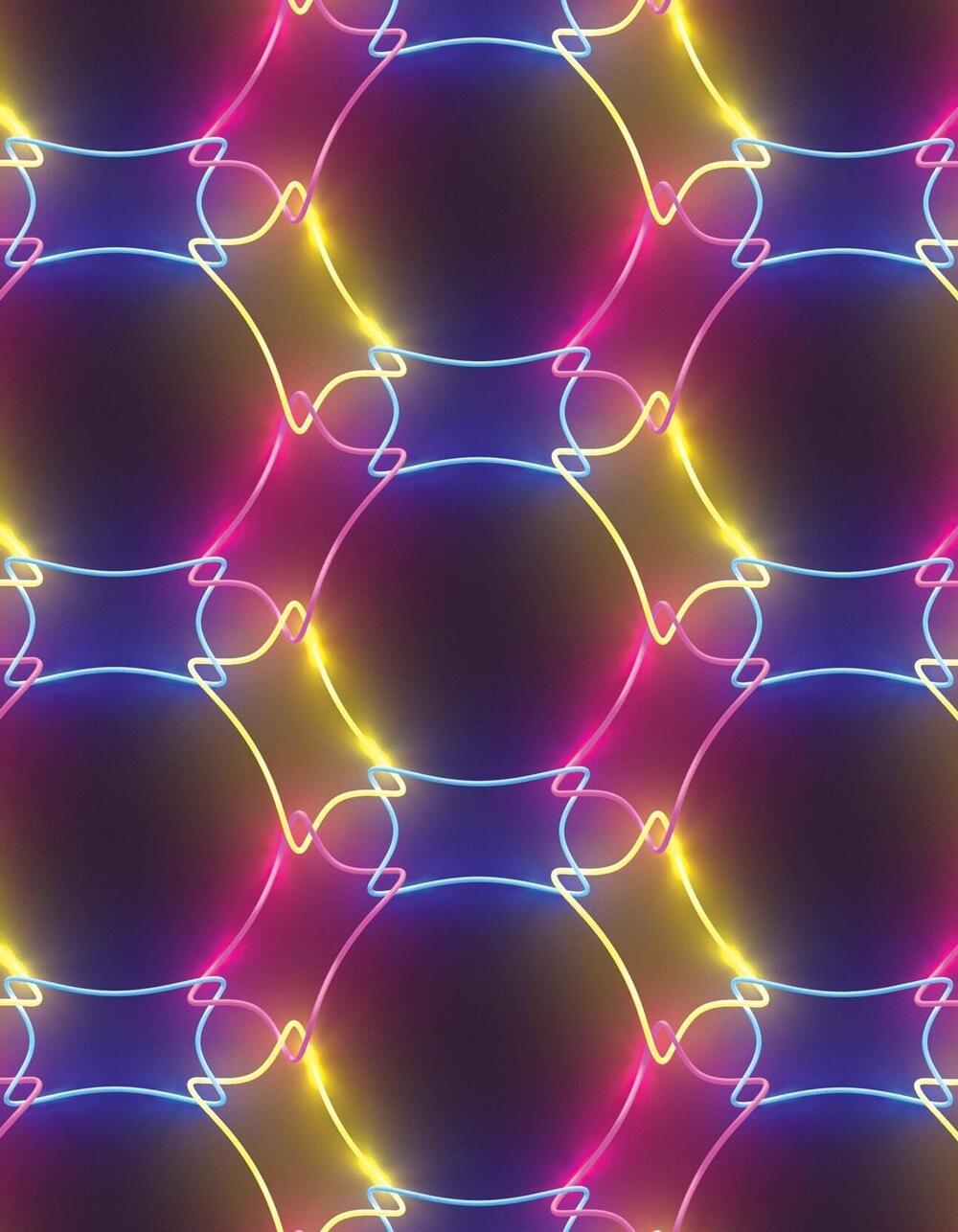As physicists delve deeper into the quantum realm, they are discovering an infinitesimally small world composed of a strange and surprising array of links, knots and winding. Some quantum materials exhibit magnetic whirls called skyrmions—unique configurations described as “subatomic hurricanes.” Others host a form of superconductivity that twists into vortices.
Now, in an article published in Nature a Princeton-led team of physicists has discovered that electrons in quantum matter can link to one another in strange new ways. The work brings together ideas in three areas of science—condensed matter physics, topology, and knot theory —in a new way, raising unexpected questions about the quantum properties of electronic systems.
Topology is the branch of theoretical mathematics that studies geometric properties that can be deformed but not intrinsically changed. Topological quantum states first came to the public’s attention in 2016 when three scientists, including Duncan Haldane, who is Princeton’s Thomas D. Jones Professor of Mathematical Physics and Sherman Fairchild University Professor of Physics, were awarded the Nobel Prize for their theoretical prediction of topology in electronic materials.
